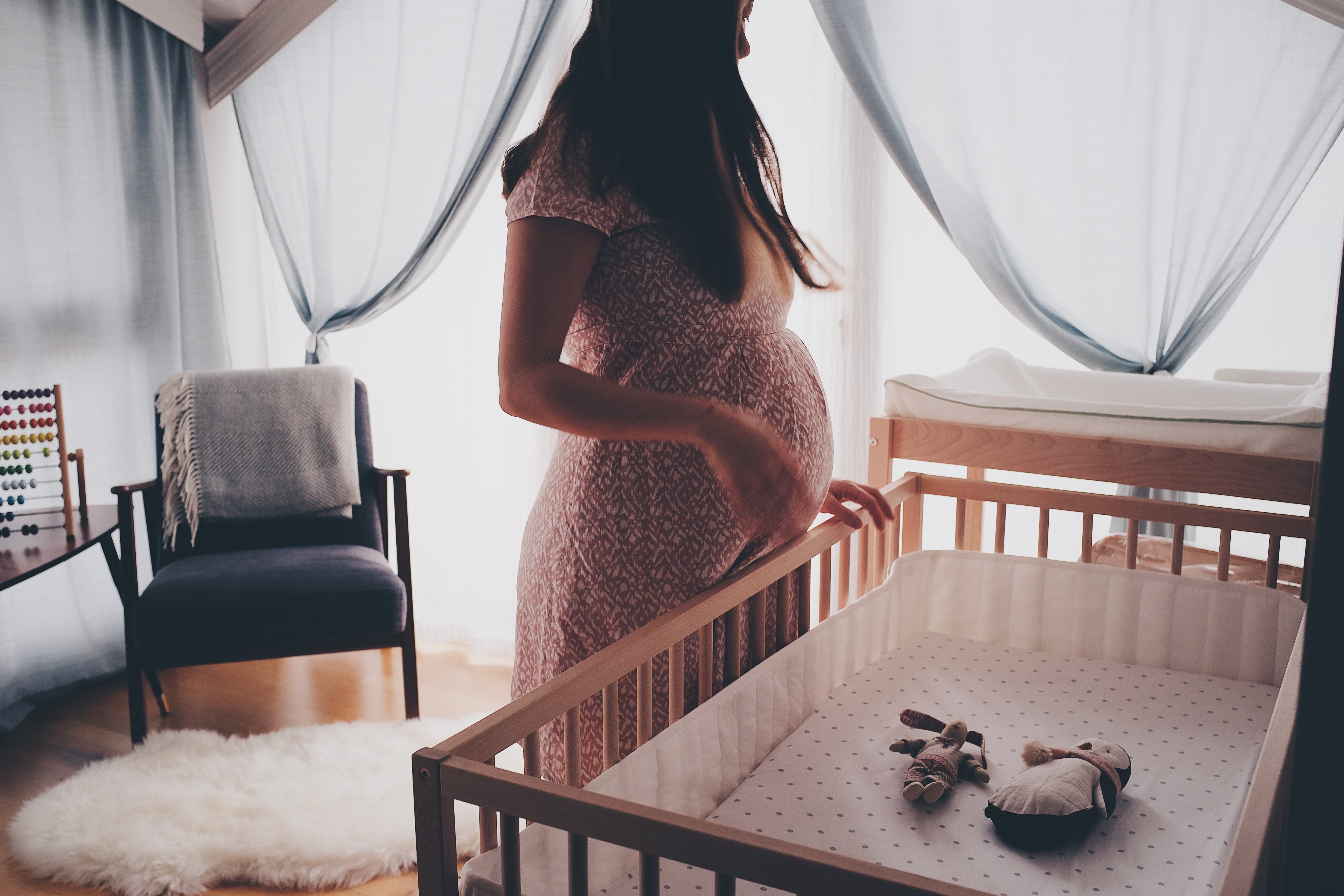
Mothers face countless stresses while raising children and bringing new life into the world. Stories of mothers who suffered emotional distress during pregnancy while needing to show up at work, save money, and carry on with their day-to-day responsibilities are all too familiar. Mothers who face severe physical or psychological trauma while giving birth are often met with conflicting clinical responses after delivery and may go on to suffer and carry trauma in silence. Mothers caring for infants are often met with a disorienting reality, overwhelmed by exhaustion, fear for their baby’s wellness, and the heavy onset of post-partum depression.
This week, Maryvale joins the voices of alliances and organizations all over the country drawing attention to maternal mental health. Maternal mental health is primarily concerned with issues around perinatal mental health, or the mental strain and disorders that occur for mothers before, during, and after childbirth.
A Spectrum of Post-natal Sadness
Pregnancy and birth trigger enormous hormonal fluctuations in women. Immediately after giving birth, a woman’s body is flooded with oxytocin, also known as “the snuggle hormone.” Oxytocin sends a warm, caring signal to the new mother, filling her with a desire to protect her newborn. This extreme sweetness can last for hours or even days. As the oxytocin burst subsides, those warm feelings can quickly be surmounted by anxiety and depression. In the days after giving birth, a mother’s adrenaline kicks in. Adrenaline keeps mothers awake and on edge to respond to the infant’s needs and can distract from heavier emotions. As adrenaline rushes come and go, it is typical and completely expected for a woman to feel some intermittent sadness. These shifts are commonly called the “baby blues” and can take the form of mood swings, difficulty sleeping, or irritable outbursts.
Because the baby blues are so common, the more severe mental health condition, post-partum depression, does not always get the attention it needs. Post-partum depression feels like an entirely different experience for new mothers and can interfere with their ability to care for their newborns properly. A mother suffering from post-partum depression may have difficulty feeling close to her baby and may feel overwhelmingly tired, sad, or hopeless. It is not unusual for women with post-partum depression to ideate about self-harm or harming the baby.
Whether a new mother is suffering from a brief period of baby blues or a more severe case of post-partum depression, it is critical for her to seek rest, seek support from family and friends, have conversations with other new mothers, and steer clear of alcohol and drugs. Healthy meals with plenty of iron, protein, and vitamins will help restore a new mother’s hormones. Mothers with postpartum depression can experience relief through psychotherapy and, in some cases, medication.
Trauma Associated with Birth
While post-partum depression is a commonly referenced disorder, trauma and post-traumatic stress disorder associated with giving birth are less frequently discussed. Birth is an intense, messy process that puts both a woman and her baby at risk. Women undergo tremendous physical pain during childbirth. These factors alone might contribute to trauma. When a mother gives birth to a baby with a physical condition that needs medical attention or is premature or injured, she is likely to experience birth trauma. Labor and delivery are complicated and do not always go according to plan. When a woman has prepared herself for a specific outcome only to suffer from complications during birth, the experience takes an emotional toll.
A woman with birth-related PTSD might obsess about the birth after the fact or experience nightmares, flashbacks, paranoia, and panic attacks. Reminders of the birth experience – the medical staff present or the site of the birth, for instance, might trigger extreme anxiety. Women who are at risk of suffering from birth-related PTSD should seek emotional support and therapy as soon as possible.
Some women might experience postpartum psychosis after giving birth in very rare instances. Post-partum psychosis is characterized by frantic, manic behavior and a refusal to eat food. If a new mother is incoherent, confused, and obsessed with trivial things, she may be suffering from post-natal psychosis. Women with this condition should be hospitalized until they return to a stable state.
At Maryvale, we know the value of providing preventative, protective care for mothers. Learn more about how our planned housing services will provide life-changing care to the women and families who need it most.






